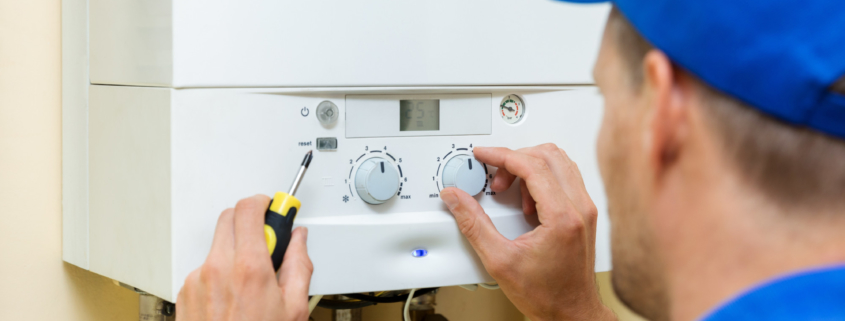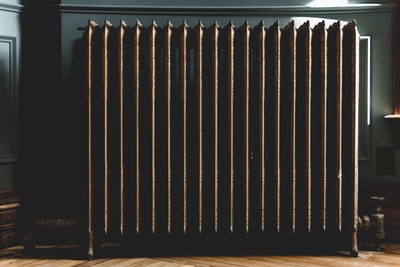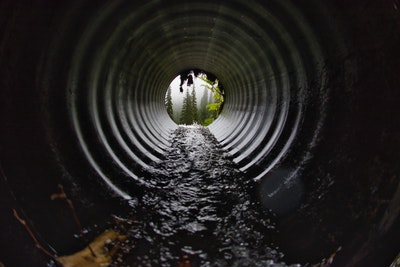How much did your boiler cost to purchase and install? Are you ready to incur that cost again soon? Well, that’s the question you should always ask yourself when you ignore boiler maintenance and repair.
Boilers, just like any other appliances, are bound to malfunction every once in a while. You should know how to spot signs indicating your boiler needs a fix. If you don’t, boiler problems can be potentially dangerous and costly when left unaddressed.
Read on to learn the common indicators that you need boiler repair services:
1. Weird Boiler Noises
Strange noises coming from your boiler is one of the key indicators that something isn’t right with your system. All boilers make some normal noise that you’ll get used to with time. However, if you hear some sounds that are far from the norm, your boiler may need repair.
Banging, knocking, whistling, gurgling, and clunking noises are signs of danger. These noises could be caused by a faulty heat pump, loose pipes, damaged fan, blocked system, or broken heat exchanger. If left unattended, these problems could cause more damage to the entire heating system and become costly to repair.
Call in a home boiler repair technician to diagnose your system and find the source of any weird noise.
2. Strange Odors
If your boiler system is gas-powered, it could experience leakages. A gas leak is hazardous and should be checked out immediately. If you smell a rotten egg-like odor emanating from your boiler, call a professional repair technician right away.
Dark spots around the boiler’s casing are also an indicator that your boiler is leaking gas. Don’t put your family at risk by hesitating to call in a boiler repair expert!
3. Water Leakages
If you notice wet patches around your boiler or its piping, your boiler has a malfunction. A leaking boiler is a liability and a clear indication that a bigger problem is waiting to happen. A faulty internal component is often the cause of a water leak.
4. Slow or No Water Heating
If you notice that water from your hot water taps is taking a long time to heat, you could have a problem with your boiler’s circulation system. You could also have a problem with your boiler if your central heating system isn’t functioning at its optimal potential.
There could be many reasons why your water isn’t heating, and if you can’t find an answer to the problem, contact a professional. Don’t keep your family in the cold while you can call in for emergency repairs.
5. High Energy Bills
Sudden rises in energy bills could be an indication that your boiler is malfunctioning. If your boiler has become inefficient, it will use more fuel to produce the usual amount of heat required in your home. If a boiler is too old and inefficient, consider replacing it with a newer energy star-certified model.
Don’t Ignore Signs Showing You Need Boiler Repair!
Preventative maintenance is the best solution to common boiler problems. However, if you notice any of the above signs, don’t hesitate to call in for boiler repair services.
A well functioning boiler will save you money, keep your family comfortable, and serve you for a long time!



